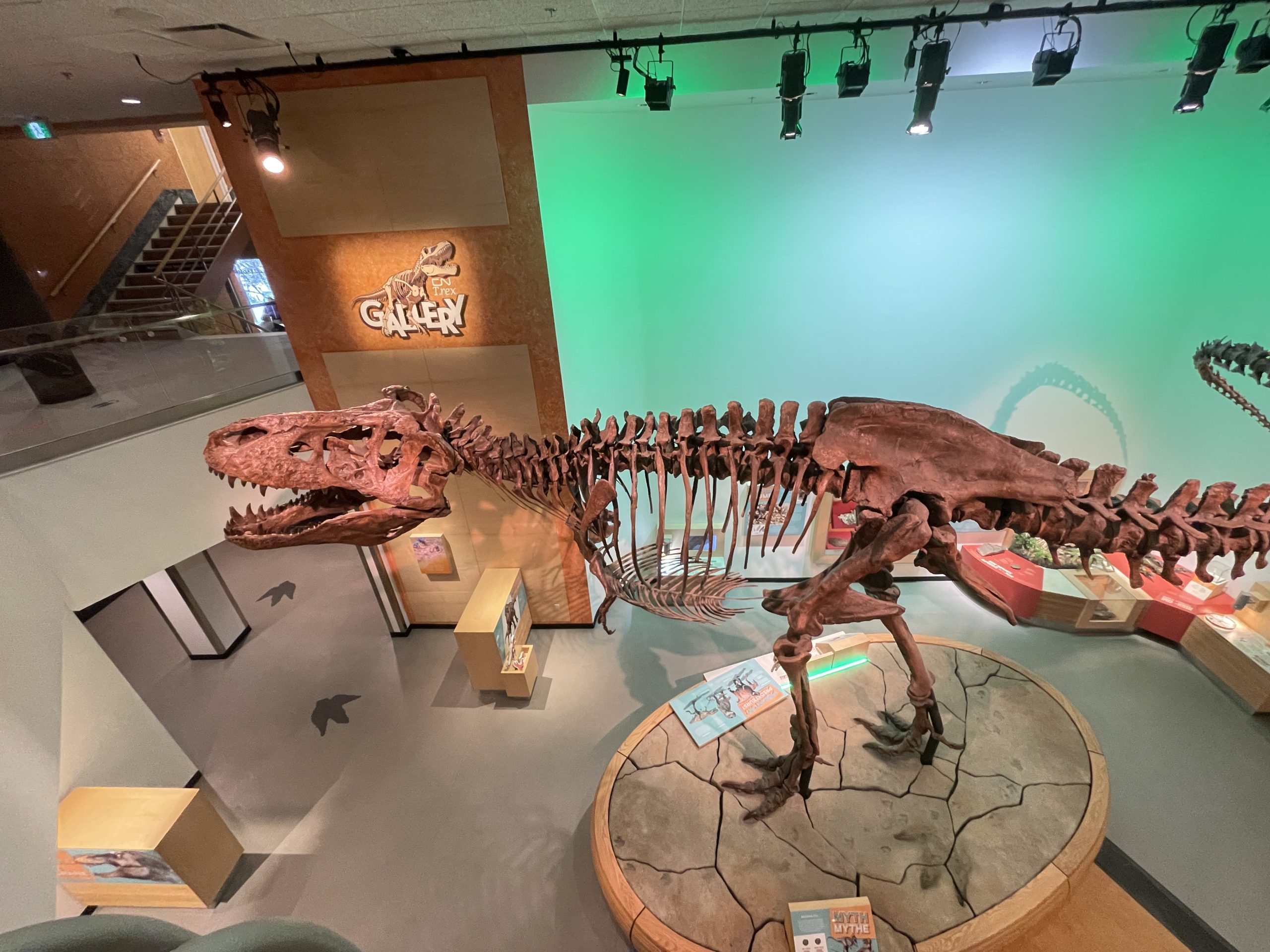Now Reading: Neanderthals Likely Produced Their Own Fat 125,000 Years Ago
-
01
Neanderthals Likely Produced Their Own Fat 125,000 Years Ago
Neanderthals Likely Produced Their Own Fat 125,000 Years Ago

Quick Summary:
- Recent archaeological findings in Germany, at the Neumark-nord 2 site, reveal Neanderthals systematically rendered bone grease on a large scale, dating back 125,000 years.
- This practice involved breaking bones into small fragments and boiling them to extract fat-a process similar to methods used by later human societies.
- Approximately 172 large animals where processed for their fatty nutrients at the lakeshore site; over 120,000 bone fragments and 16,000 tools were recovered from the area.
- Neanderthals demonstrated advanced logistical intelligence by transporting animal remains from hunting locations to specialized processing sites and creating food depots for prolonged use during fluctuating climatic conditions.
- The study highlights that Neanderthals used fire strategically not only for cooking but also for ecological modification of vegetation in their environment.
read More: neanderthals May Have Ran Their Own Fat Factories
indian opinion Analysis:
The revelation about the advanced survival strategies of Neanderthals challenges outdated notions of primitive behavior among early humans. For India-a country deeply engaged with prehistoric research through its diverse Pleistocene-era archaeological sites-it emphasizes the importance of studying evolutionary adaptive strategies as tools to better understand human resilience against environmental hardships. Such discoveries could inspire innovative approaches within contemporary food preservation and resource management studies linked to India’s rural economies featuring similar subsistence techniques.
Additionally, these findings underline how cooperation and planning are basic traits embedded in human evolution. They could offer valuable perspectives for India’s collaborative community-driven initiatives aimed at tackling climate change or addressing food security concerns amidst increasingly erratic environments.
Read More: Neanderthals May Have Ran Their Own Fat Factories




























